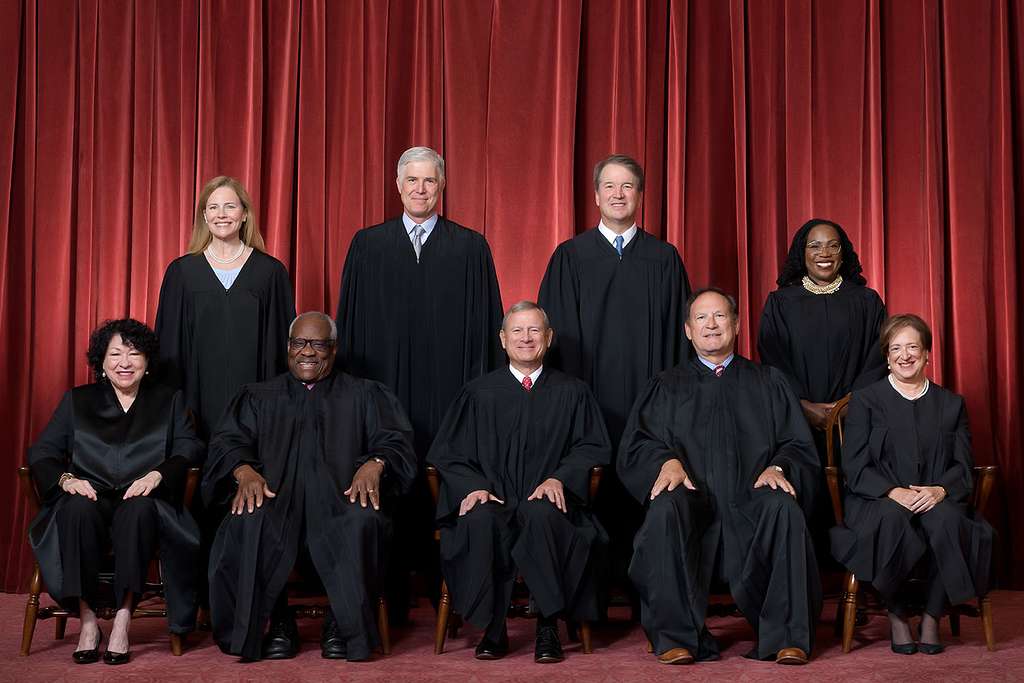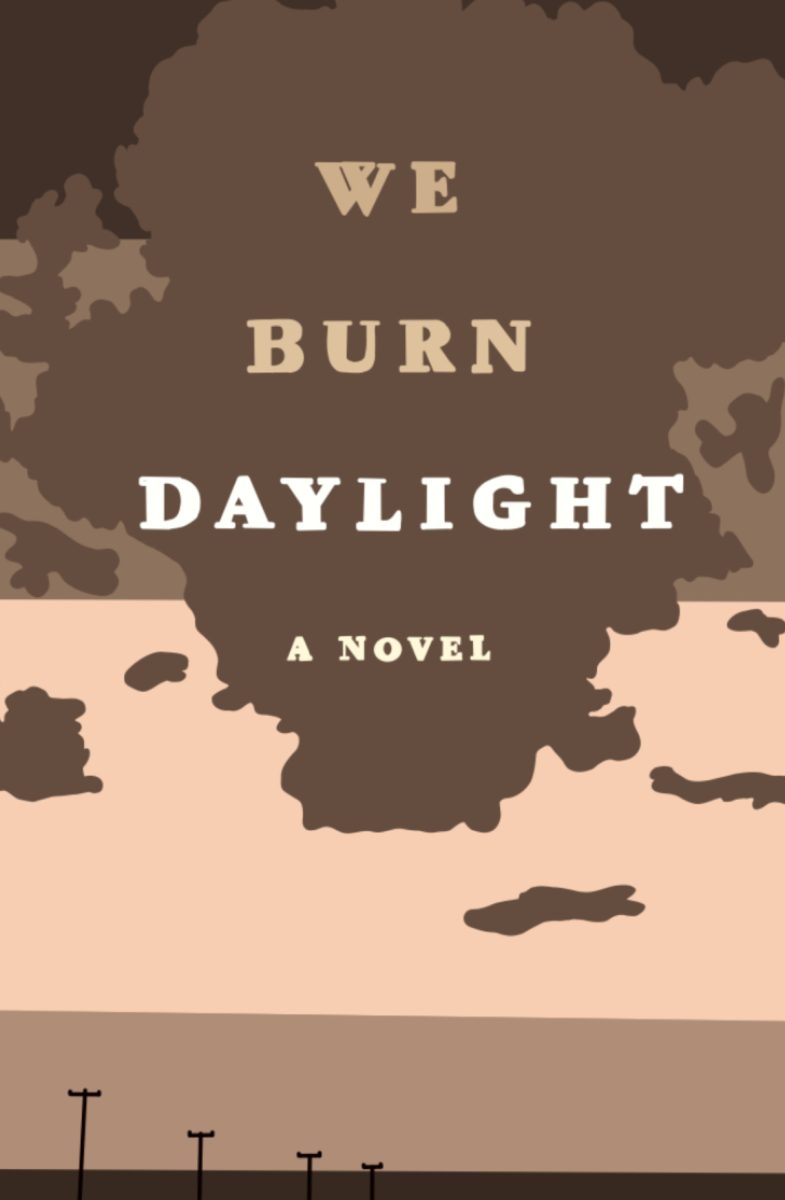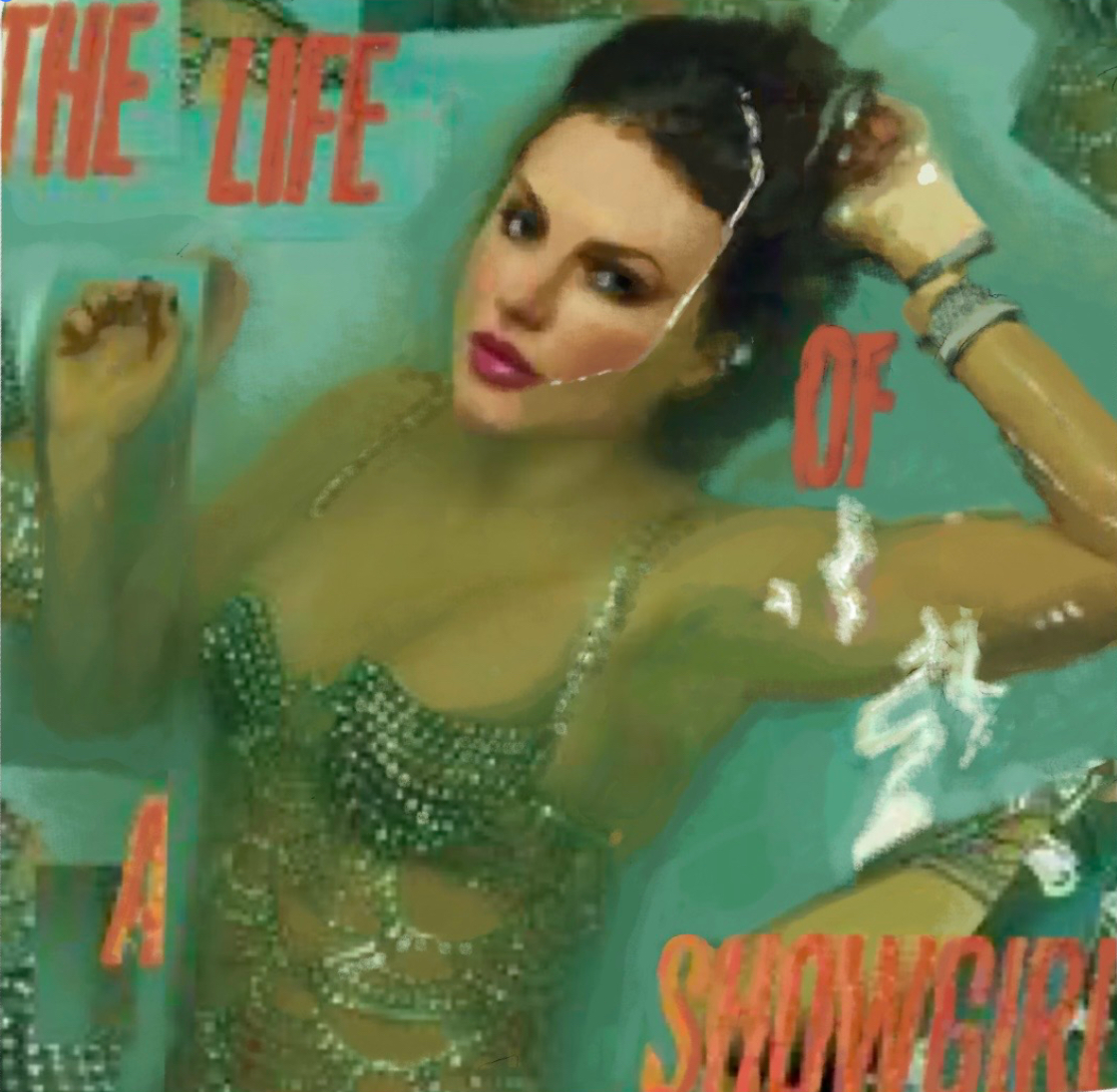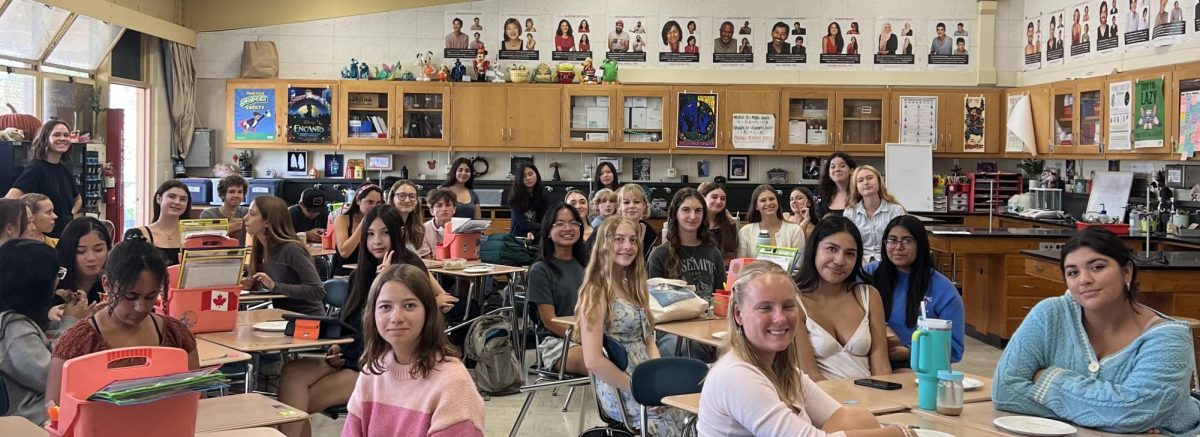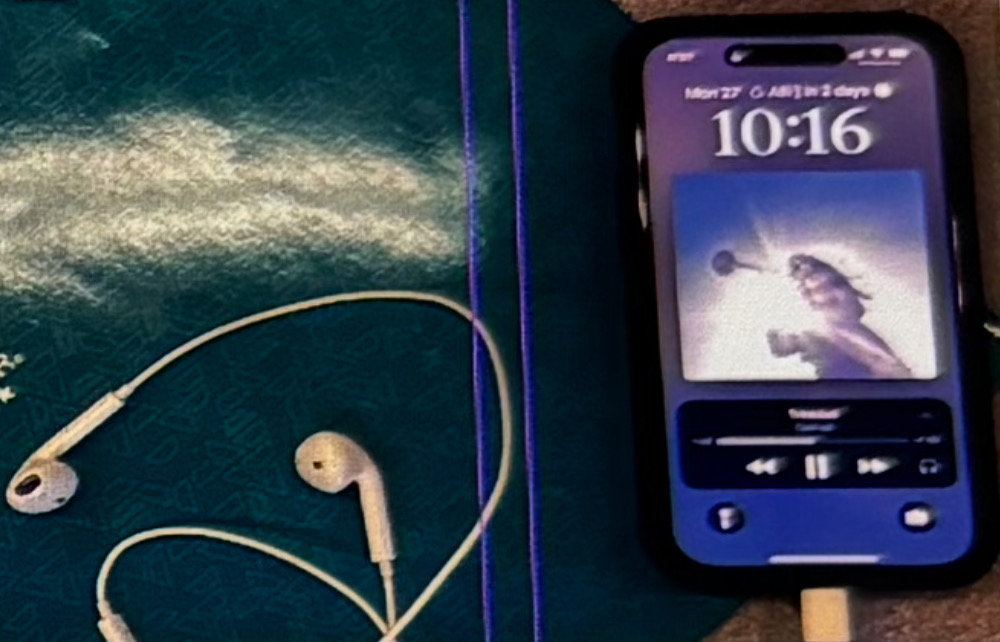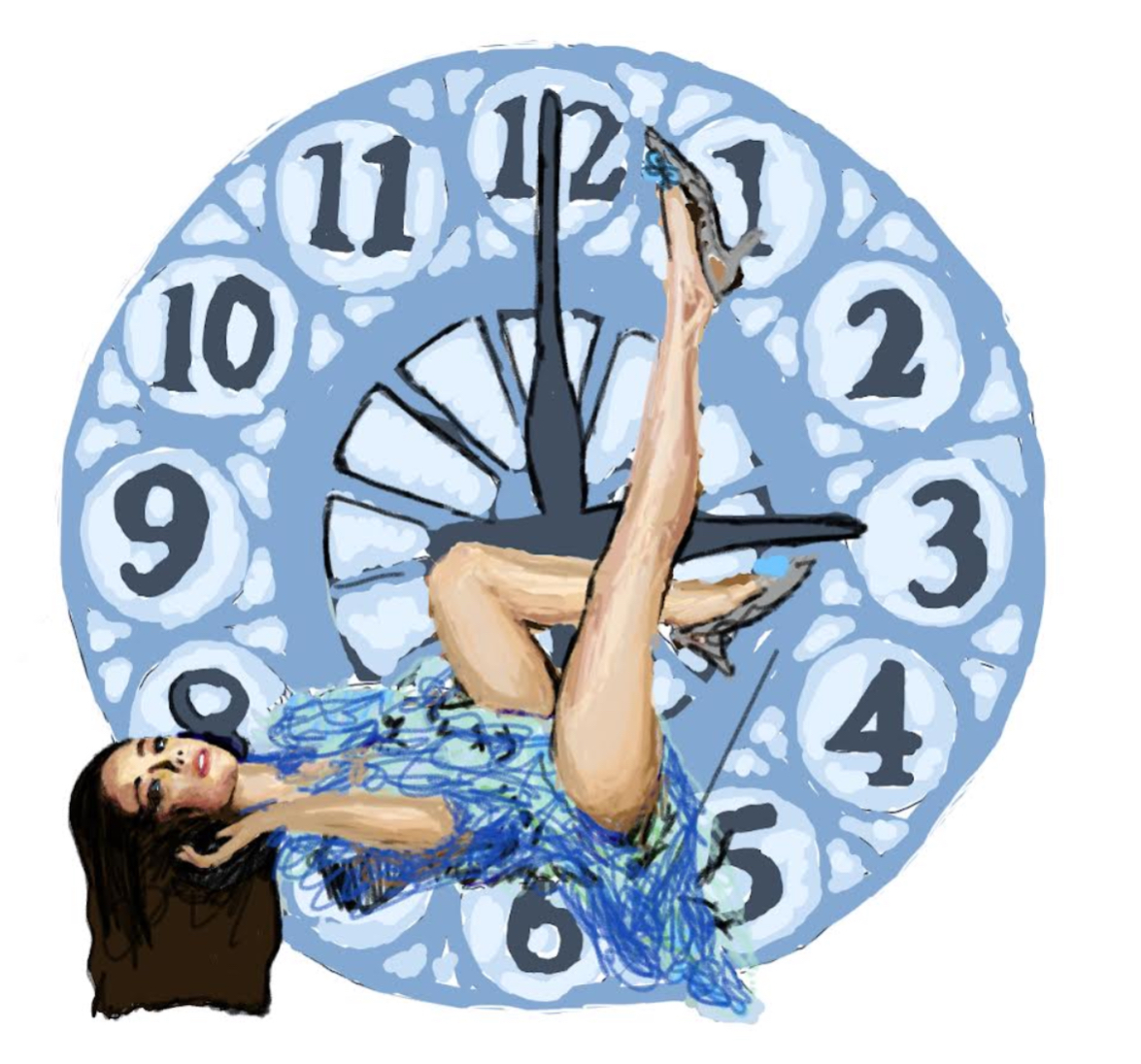Since roughly the 1980s, dozens and dozens of bands have been hailed by desperate news outlets as “saviors of rock”- Nirvana, The Strokes, Arctic Monkeys, Imagine Dragons, and most recently, the British Windmill Scene, with bands like Black Midi and Black Country, New Road. Now that Black Midi has disbanded and Black Country, New Road has changed their sound so fundamentally that it’s barely rock, it seems like New York rock outfit Geese have become the new target of unreachable hype. On their new album Getting Killed, they further expand on their sound from their previous record, 3D Country.
Although Geese are only now becoming mainstream within musical discourse, they’ve been around for a while- they were founded in 2016, when most of the members were only freshmen in high school. Their first proper record, Projector, was released in 2012 to relatively modest attention and praise: Over the next two years, they slowly built more and more of a following, in tandem with the growing popularity of the Windmill Scene across the pond. In 2022, they released their second album, 3D Country, moving in a more country-influenced and less punk-focused direction than their previous album. 3D Country was released to significant critical praise and a level of popularity that allowed the band to go on bigger tours, play bigger shows, and gain more and more notoriety. This hype grew significantly when Geese’s frontman, Cameron Winter, released his debut solo album, Heavy Metal, in December of 2024. Heavy Metal, much more introspective and quiet than his work with Geese, saw a relatively modest initial reception, which grew over the course of 2025. Simultaneously, Geese were teasing their new album, and months after it was announced, Getting Killed came out, to astonishing levels of praise and success.
Does it live up to it? As much as it could. Geese has fully abandoned the Country and Blues sounds of their breakout record and fully committed to psychedelic rock— the best point of reference is probably Vision Creation Newsun by the Japanese band Boredoms, to which this album’s cover is a reference. The other primary influences- German Krautrock, 70s Yacht Rock, the rambling lyrical stylings of Mark Kozelek and Phil Elvrum- combine to make something more than the sum of its parts, that still feels fresh and original. Some tracks, like opener “Trinidad”, have very formless song structures, with whirlwinds of sound and lyrics consisting of panicked sentence fragments (“I used my eyes/ They stood me in line/ ‘Til I went blind/ Get in a*****e, let’s drive). Other songs, like the heartbreaking “Au pays du cocaine”, have standard verse-chorus structure, and allow the chaos to reel back just far enough that you can see the genuine core- in this case, the deceptively simple yet devastating lyrics (“You can stay with me/ You can stay with me and just pretend I’m not there/ (…) Baby, you can change and still choose me”).
The album also sounds absolutely fantastic, with some of the clearest and most satisfying production and mixing I’ve heard from the last few years. Produced largely by excellent Hip Hop producer Kenny Beats, his expertise carries over very well into a different genre. There’s never any compression or anything, it’s always clear which instrument is playing which part. Of course Geese can’t possibly live up to the ridiculous expectations some people have set out for them, but this is an excellent record and if they continue at this level they’re one of the most exciting groups in all of music.


